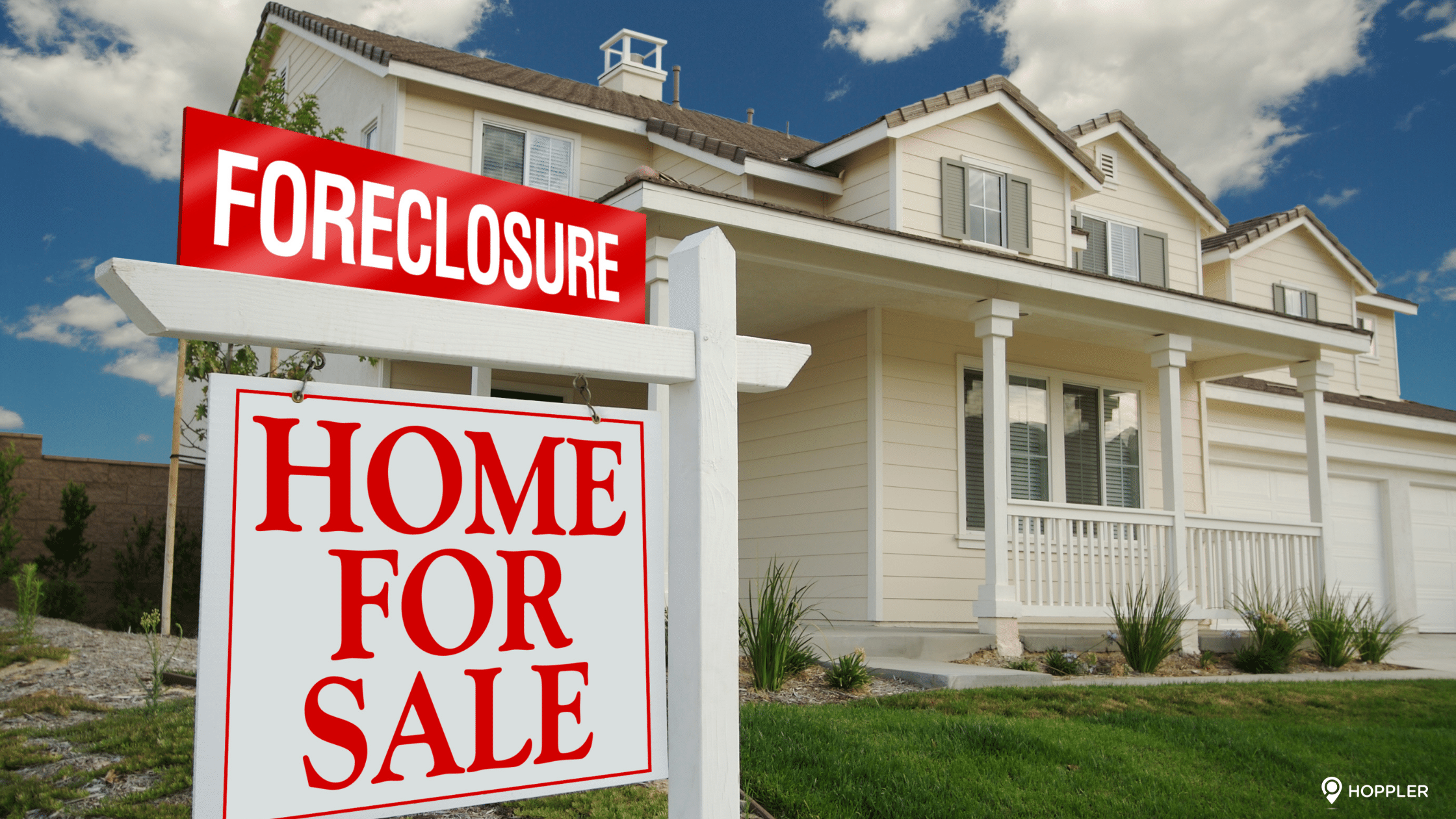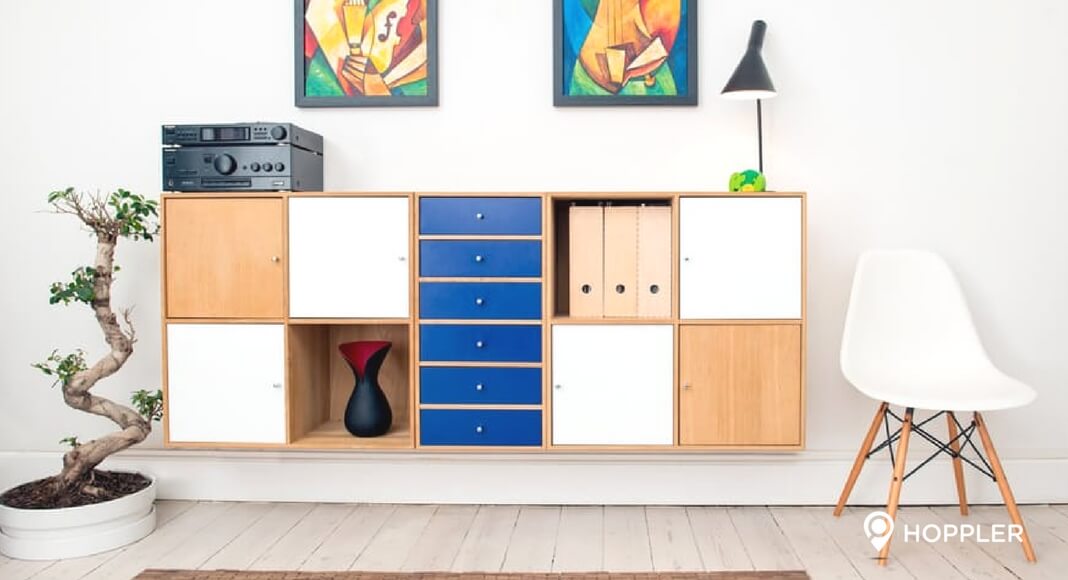Real Estate Series: Pre-selling Condos

Is investing in a pre-selling condo a good choice for this pandemic? Let’s discuss how these are still great investments in these uncertain times.
Pre-selling properties are a great investment, especially for people who are looking to invest in prime locations. These off-the-plan properties are mainly condominiums and townhouses, and in some rare cases, house and lot properties, are units that are sold to buyers at the very early stage of development. When you buy a property “off-the-plan,” you enter into a legally-binding contract to purchase a property that only exists on paper, or even before it even reaches final development and occupancy approval.
Unlike a ready-for-occupancy property, you are essentially buying on the promise that the developer will complete the building and development of the pre-selling property according to the terms agreed in the contrect. On the other hand, a huge benefit of buying a pre-selling property is that because of that promise, the price point for the pre-selling property is way affordable than a ready-for-occupancy property. And if we are going for the price point as the sole basis why pre-selling properties are the best properties to invest in, it looks like it. However, there are many factors to consider, especially now that we are still in a pandemic.
Real estate investing in the pandemic
As the world rallies back on the economic front, so is the real estate market. But despite its microscopic size, the effects of COVID-19 are gargantuan. On the homefront, it has taught us to pay more attention to our health and overall welfare. It has shaped governments, the workplace, and schools to shift most of their operations online as the healthcare industry develops the necessarily vaccines to keep the virus from spreading.
The virus has also caused economies to a pause, and made it difficult for some industries to get back on track pre-pandemic. And for those industries that manage to get back, they are met with challenges that make keeping the momentum going.
According to this article, condominium prices declined to a significant 14.3% year on year in the second quarter this year, which is the steepest contraction since the 15% price drop in the third quarter of last year. Moreover, the condominium price decline is the fourth straight quarter to do so. Also, the real estate demand in Metro Manila is also subdued, particularly for pre-selling properties. In the first half of this year, only 10,000 condominium units were taken up, and that the year-end might not be able to match the 36,000 units taken up last year. This was reportedly because of the loss of demand coming from the Philippine Offshore Gaming Operators (POGOs) and the “wait-and-see” attitude adopted by local investors.
But for those who are bullish in this market, they will never be limited with the number of pre-selling properties out there, and the variety of pre-selling deals they can get. Developers of all sizes and expertise are out there with offers ranging from entry-level condo homes to luxury condo residences packaged in the most attractive deals.
But the real question is, is it high time for one to invest in a pre-selling property? If it were up to the price prices, then that’s a resounding yes. Even in pre-pandemic times, pre-selling condos have always been an attractive investment, especially those who need to diversify their money, or are willing to wait to move in to a home that they like.
Buyers like them are willing to invest early, especially if it means being able to get more value from their hard-earned money. And if that property was sold during the early stages and developers are looking for traction in occupancy, the latter are willing to throw in significant discounts or add-ons, or even sell it off at below market prices. And for the buyers who are willing to invest, that is extra money that can go towards other things, like documentation expenses, taxes, and other hidden costs.
Also, another advantage to take upon when investing in a pre-selling property is the affordable payment plans. Developers offer payment plans where even the downpayment is already amortized, allowing even the most hesitant homebuyers to take the leap without needing to dole a large cash-out.
Buyers who take advantage of the amortized downpayment plan will also need to note about the turnover year of the pre-selling project. Ideally, the pre-selling property they need to invest is the one that will be turned over four or five years after, as this will give them time to accumulate the downpayment and pay it off steadily. This is actually ideal, especially in this economy.
On the other hand, investing in a pre-selling property comes with certain risks. As more buyers research for their potential real estate investments, the exposure to scams is very high. As such, it pays to be safe to invest in a reputable developer through a licensed real estate broker or a real estate agent. And when you say reputable, the developer must have a good track record not only in delivering and turning over high-quality real estate developments on the promised date, but must also have a good track in communicating with homebuyers about the latest updates, and have a reputation of being great property managers.
But are these enough reasons for you to take the homebuying plunge and invest on a pre-selling condo?
How Do You Go About the Investment?
Buying a pre-selling condo in the Philippines has many pros and cons. However, there are definite advantages to investing in one, even so in these uncertain times. Whether you are a first-time homebuyer or a seasoned investor, you need to be strategic from the moment you research for potential properties until you have signed the sales contract. Below are tips on how to go about investing in a pre-selling property in this pandemic, and where to go from here:
1. Search for pre-selling condos at below replacement cost
The term “replacement cost” refers to the amount that a buyer would have to pay to “replace” an asset, in this case a pre-selling condo, at the present time, according to its current worth. This simply means you need to look for pre-selling properties that are priced not only below the market prices of a similar condo today, but also the costs of owning the property. You need to take into consideration all of the costs you will be spending to fully own the property. Come the time that the property is ready for turnover, the property will now be at a market price higher than the replacement cost that you can demand either a high selling price or higher rent for profit.
2. Perform these steps before signing the contract
Because this is a pre-selling property, it can be difficult for visual buyers to invest on something that’s not even physically realized yet or cannot be touched. However, there are other ways to do your due diligence in order to determine whether the pre-selling property you intend to invest in will be delivered as promised:
- Check the market conditions for the pre-selling properties in your selected location.
- Speak to an expert (be it your real estate broker or real estate agent) to determine the property price ranges for the pre-selling property type you are eyeing on.
- Carefully inspect the display home, models and plans of the pre-selling property, and the previous properties delivered by the developer.
- If you can, schedule a visit the property site and check the location. Take note of the property’s surroundings for constructions that may affect your view.
- Carefully review the legal document with a legal professional in order to know your responsibilities and accountability as a buyer.
3. Look for Grade-A tenants
If you decide to earn rental income instead of selling the turned over unit for a profit, it makes sense that you screen your tenants. The COVID-19 pandemic has churned horror stories of tenants who trashed properties to a point where you need to spend more money renovating it again to its former glory. Grade A tenants are responsible tenants who understand that the properties they are staying on as assets.
4. Look for leases which have longer lock-ins
Offer your turned over property for lease with longer lock-in periods. This means that once your tenant will sign the lease, they are required to fulfill the lease within a prescribed period. This way, the tenant is invested in the condo property (and whatever improvements they will install within the prescribed period), and commit to the lease. This also means consistent rental income guaranteed for the prescribed period. Otherwise, the tenant will have to comply with the prescribed penalties (which usually include a deposit) for violating the lease contract terms.
5. Offer leases with a gradual, doable rent increase
Slow and steady is the key. Most landlords will lease out condominium properties with a yearly escalation of 15% every three years. This increase may be intimidating for some tenants, especially those who have yet to recover from an economic slump due to the pandemic. As such, just as how developers offer discounts to entice you to invest in the pre-selling property, you should do the same with your newly turned-over properties when you lease it out. In this case, you can offer a lease with a year escalation of 5%. This way, the increase is gradual and doable.
Find more tips on buying a pre-selling condo in the Philippines here.




